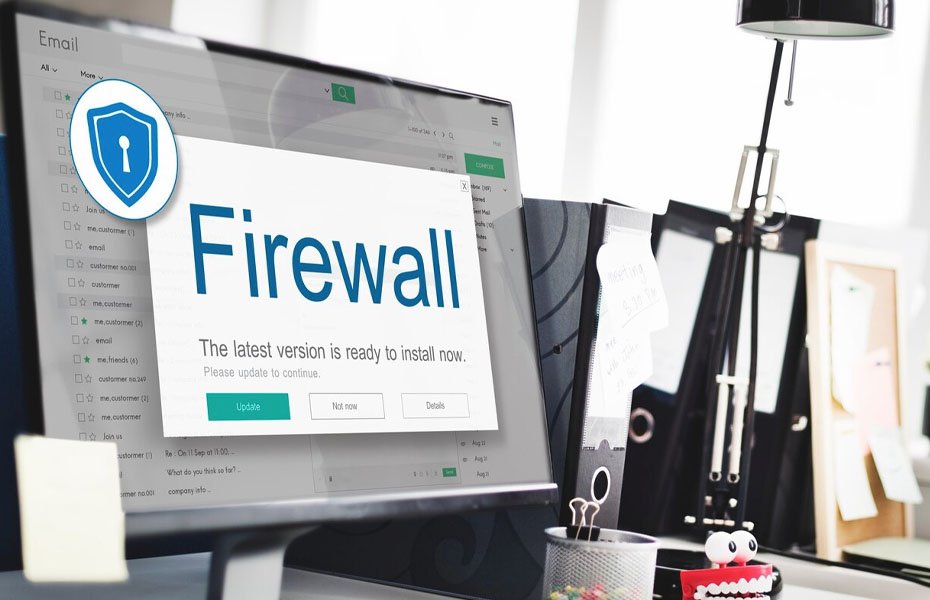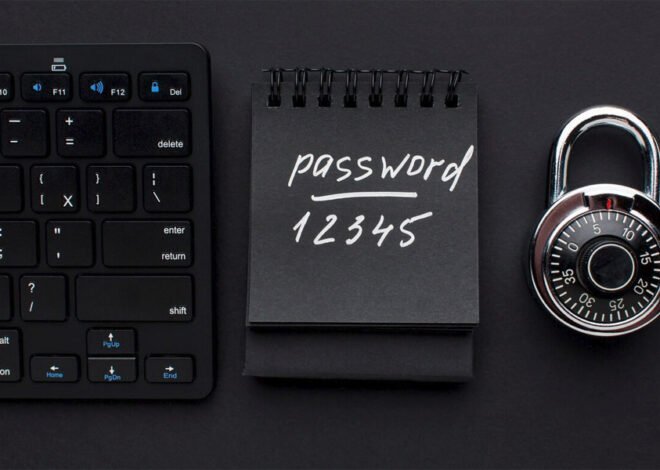
How Firewalls Protect Your Network Security
Firewalls are like the security guards of your network, making sure only the right information gets in and out. Picture them as bouncers at a party—they only let in the data that’s on the guest list. By filtering out anything suspicious or harmful, firewalls protect your network from threats like hackers, viruses, and malware.
How Firewalls Work
A firewall checks all the data trying to enter or leave your network, following a set of rules you or your IT expert can set up. If something doesn’t look right, the firewall blocks it from getting in. This keeps your system safe from outside attacks.
For instance, if a hacker tries to send a malicious program into your network, the firewall can stop it before it causes any harm. Similarly, if a virus tries to send sensitive information out, the firewall steps in to block it, keeping your data secure.
Outbound Protection
Firewalls don’t just guard the doors—they also keep an eye on what’s leaving your network. This is especially important for businesses that need to protect customer data and confidential information. A firewall can prevent unauthorized attempts to send this data out, adding an extra layer of security.
Whether you’re running a small business or just want to protect your home network, firewalls can be customized to meet your specific needs. They provide a flexible and reliable way to keep your data safe, giving you peace of mind that your network is well-protected.
Types of Firewalls
There are different kinds of firewalls to suit various needs:
- Hardware Firewalls: These are physical devices that sit between your network and the internet, filtering traffic before it reaches your computer. They’re great for businesses that need strong security.
- Software Firewalls: Installed directly on your devices, these firewalls offer control over the traffic coming in and out of each device. They’re perfect for home users or small businesses.
- Cloud-based Firewalls: Hosted on a cloud platform, these firewalls protect multiple devices and locations, making them ideal for businesses with remote workers.
Why You Need a Firewall
In today’s digital world, online threats are always evolving. A firewall is your first line of defense, helping to keep your network and data safe. Without one, your network is vulnerable to unauthorized access, data breaches, and other cyber threats.
Whether you’re protecting personal information or sensitive business data, a firewall is a must-have. It gives you control over your network’s security, ensuring that only safe and authorized data gets in and out.
Related Posts

How to Remove Keyloggers

How To Detect Keyloggers: A Simple Guide

